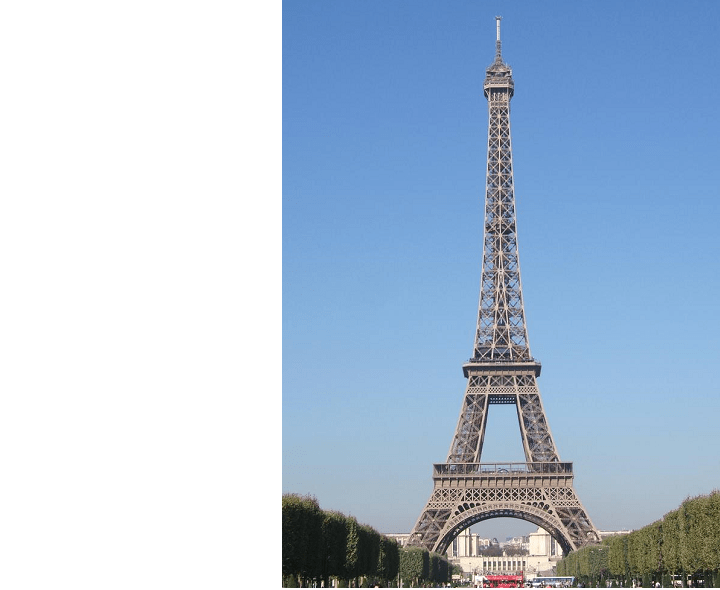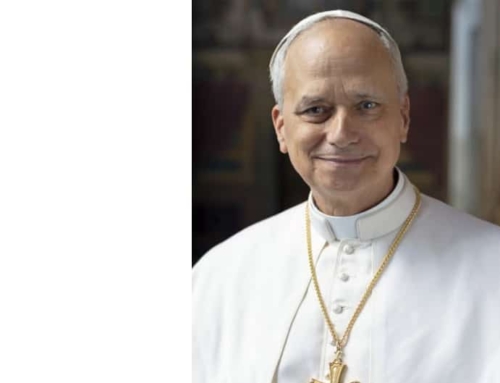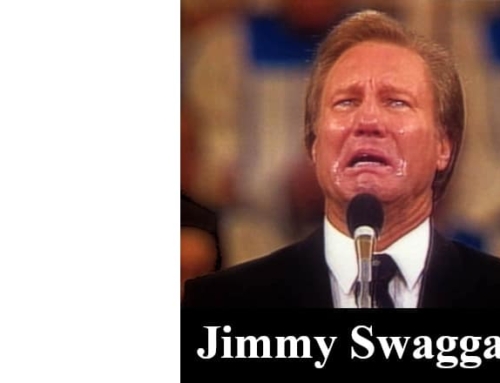Catholic League president Bill Donohue comments on a report on sexual abuse in the French Catholic Church:
There are many media reports on the release of a report on sexual abuse in the Catholic Church in France that are misleading, incomplete or simply wrong. While the full report is not yet available in English, I have read the Summary of the Final Report, “Sexual Violence in the Catholic Church.”
The Report found that over a 70-year period, 1950-2020, approximately 3,000 molesters allegedly abused an estimated 216,000 minors. Contrary to some news stories, not all were priests: one-third of the offenses were committed by those who worked in Catholic schools, youth programs, and other agencies.
No one would know anything about this had it not been for French bishops asking the French government to conduct such a probe. That was three years ago. The Independent Commission on Sexual Abuse in the Catholic Church was launched to do the investigation with no strings attached. There was no budget—the Church paid for everything—and full access to Church archives was allowed.
Before proceeding, there is no institution in France, or anywhere else, that has asked the government to probe sexual misconduct among its employees. None.
Some aspects of the methodology are sound, but not all are. While the credentials of those who did the report are not in question, the fact that the Commission was entirely staffed by 21 volunteers is problematic: self-selection raises serious questions about bias. How do we know that those who chose to be on the Commission were not tainted by an animus against the Church? After all, news reports on anti-Catholicism in France are not hard to find. This possibility was not even mentioned in the Report.
To cull its findings, surveys were taken of the Catholic population, including anonymous online ones. Granting anonymity may be attractive to respondents, but it has obvious drawbacks. Worse, the use of a hotline is clearly unscientific: there was no screening of accusers. How do we know that this didn’t play into the hands of the 6,500 persons who called in saying that either they, or someone whom they know, was abused. No attempt to validate these accusations was made.
Even the survey that was conducted of 28,000 persons over the age of 18 raises issues. Self-reporting has its methodological limitations. In this regard, what is particularly damaging is the constant use of the word “victims.” It should read “alleged victims.” Again, no screening was done to validate the accusations.
The Report found that 2.5 percent of the French clergy and lay Catholics working for the Church since 1950 were accused of sexually abusing minors; this makes up less than four percent of all such abuse in France. Most of the abuse took place between 1950 and 1968; the 1960s was the heyday of the sexual revolution.
The Report found that 80 percent of the victims were boys, so this rules out heterosexual priests. At one point it says that most of the victims were “pre-adolescent boys,” but nowhere does it define when adolescence begins.
This is not unimportant. The Report’s finding that 8 in 10 cases of abuse were male-on-male sex cannot escape the conclusion that homosexuals were the offenders.
Indeed, Jean-Marc Sauvé, president of the Commission, admitted as much when he said, “we can say with a high degree of certainty that within the Catholic Church, the abuses mainly concerned men and not women, unlike society.” His use of the word “men” is telling.
The Report contains pages of recommendations. Some are quite good; others are banal. The authors should have been more careful not to intrude into the internal affairs of the Church, such as making suggestions on how to deal with Confession. Just as clueless, the Report concludes that “the paradoxical obsession with Catholic morality on issues of sexuality could be counterproductive in the fight against sex abuse.”
It is not the Church that is obsessed with sex—it is those who work in the media and education that have sex on their brain. No matter, the Commission just doesn’t get it. To wit, if Catholic sexual ethics had been exercised by those who abused minors, there would have been no scandal.
The real paradox is the sight of French authorities and elites lecturing the Catholic Church on the sexual abuse of minors. No country in the world harbors more intellectuals who have justified man-boy sex than in France. Roland Barthes, Michel Foucault, Jean-Paul Sartre, and Simone de Beauvoir were not only sexually promiscuous in their own lives, they, and many other left-wing writers, have long advocated eliminating laws barring sex between adults and children.
Author Gabriel Matzneff is a hero to French intellectuals. He is a well-known sexual predator who molested boys and girls as young as 8-years-old, and he did so for decades, garnering the applause of the literati.
In short, the French need to clean up their own house before pointing fingers at anyone else. As even the Report notes, the Church has made great progress handling this problem. It is now time for French intellectuals to take their cues from the Catholic Church and stop idolizing molesters in their midst.







